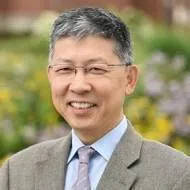SCO summit showcases India's rise as a major power
India has hosted the Shanghai Cooperation Organisation (SCO) virtual summit for the first time, bringing together Chinese President Xi Jinping, Russian President Vladimir Putin and other heads of state in the grouping. This shows India's growing influence and deft political navigation between China and the US, but the verdict is still out on whether it can play a larger role in easing global conflicts.
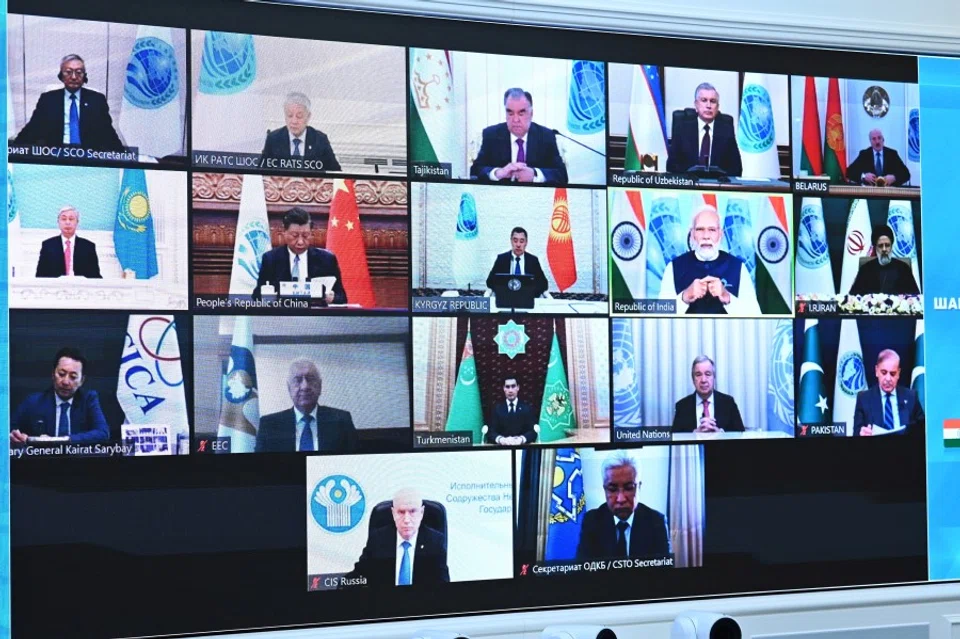
This year's Shanghai Cooperation Organisation (SCO) summit was held virtually with India as the rotating chair. Besides Indian Prime Minister Narendra Modi, Chinese President Xi Jinping, Russian President Vladimir Putin, Pakistani Prime Minister Shehbaz Sharif, and other heads of state or government from member countries attended the summit.
Traditionally, the SCO promotes cooperation in the three major areas of security, economy and culture. In terms of security, this year's summit focused on both traditional and non-traditional security issues, with cross-border terrorism and drug trafficking still the main traditional security challenges faced by member states. At the same time, following the war in Ukraine, food, energy, and human security have become tough new challenges for Eurasia and other regional countries, and the summit also highlighted such non-traditional security issues.
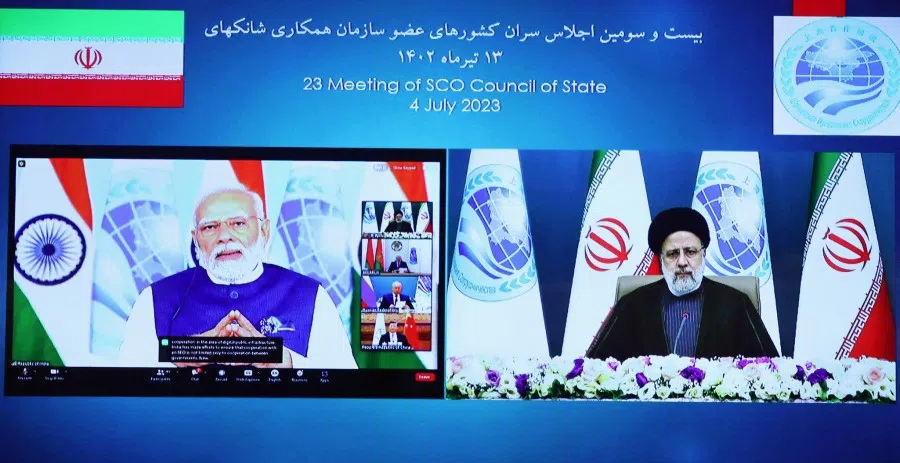
In terms of the economy, post-pandemic recovery, the digital economy, climate change and trade are some of the key areas of cooperation that member countries are concerned about. Culturally, there is a high degree of diversity among SCO member countries, as it is a diverse international organisation, including the world's so-called largest democracy and some of the largest authoritarian regimes - despite many differences, their ability to work together is highly commendable.
India navigates adeptly between the Western and non-Western camps, which is truly impressive.
A chance for India to shine
For India, this is the first time it has hosted the summit since becoming a full member of the SCO in 2017, and it is an opportunity to showcase its image as a rising major power with significant global influence.
Recently, Modi made a grand state visit to Washington, and received an exceptional welcome from US President Joe Biden and Congress. Now, through video conferencing, he has hosted Putin, Xi, and several Central Asian heads of state. India navigates adeptly between the Western and non-Western camps, which is truly impressive.
The US is now actively drawing India close, and it is a pivotal country in the US's Indo-Pacific strategy. It is a member of the US-led Quad grouping, and its cooperation with the West in security and trade is growing closer. At the same time, India maintains cooperation with China and Russia in multilateral organisations such as the SCO and BRICS. Clearly, India does not want to offend other major powers and hopes to maintain its longstanding independent foreign policy.
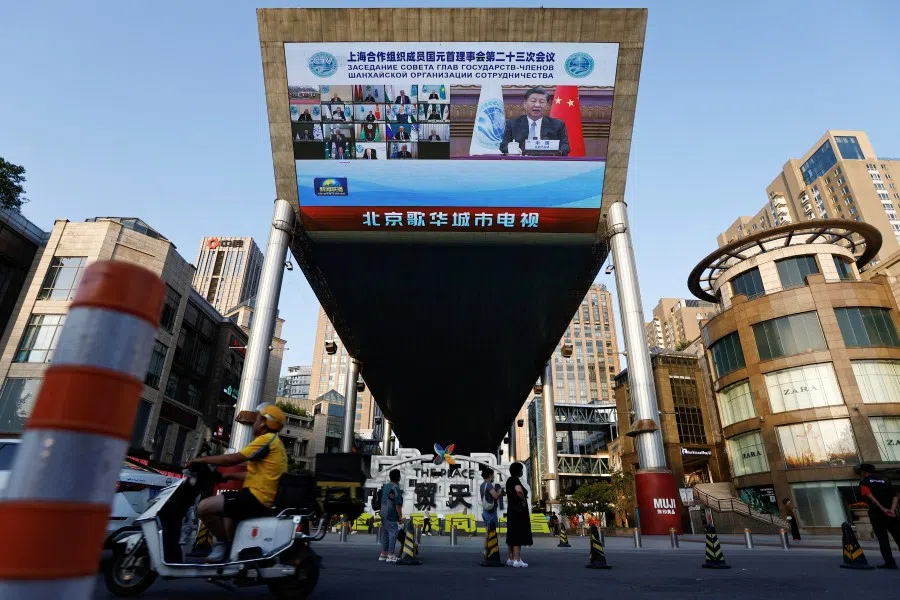
Not choosing sides amid great power rivalry and balancing its relations with Western and non-Western countries aligns with India's national interests. However, to become a real global power, can India play a more active role in easing global conflicts and advancing international cooperation, especially in alleviating China-US tensions and mediating the Russia-Ukraine war? This is a litmus test for India's decision makers.
Both the Chinese and Pakistani leaders attended the video conference and interacted with Modi. While India's longstanding problems with China and Pakistan are unlikely to vanish quickly, the SCO summit nevertheless helped to ease tensions between China and India and between China and Pakistan, and built some trust for cooperation between India and its two neighbours.
Further expansion
Notably, the SCO summit is one of the few occasions where Putin was welcomed and not condemned because of his invasion of Ukraine. This is Putin's first appearance in a multilateral forum since the Wagner mutiny, implying that his domestic political position is unaffected and that he still has the support of Chinese, Indian and Central Asian leaders. Putin is also taking the chance to show his domestic supporters and the West that he does not stand alone on the international stage.
... the US and its Western allies will be uneasy and even concerned about the long-term strategic challenges posed by the SCO.
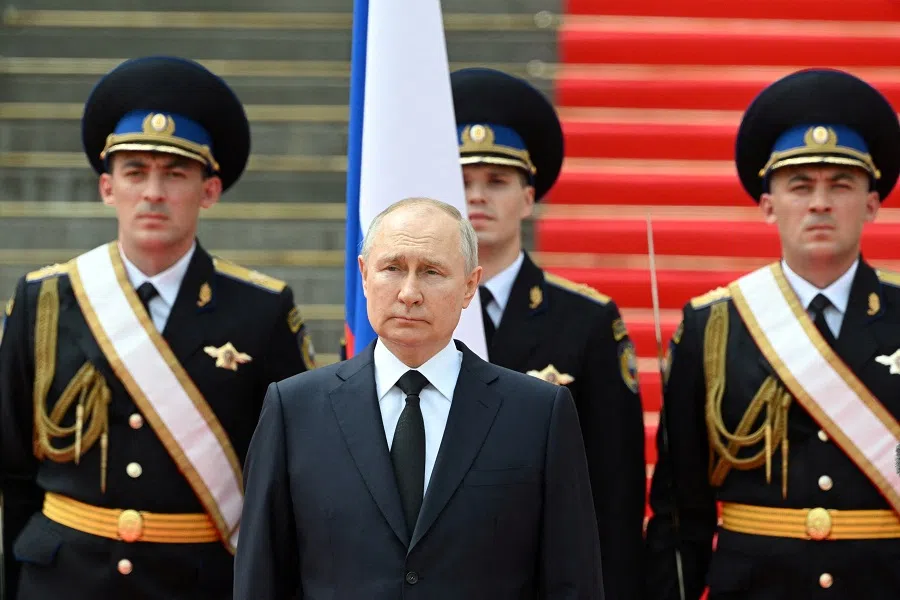
With Iran's full membership admission to the SCO, Belarus, as well as other observers and dialogue partners such as Afghanistan, Myanmar, Turkey, and the United Arab Emirates, may subsequently become full members in the near future. The SCO's further expansion is inevitable.
While the SCO is neither an anti-Western organisation nor a counterweight to the US-led NATO, following its further expansion, especially its inclusion of more non-Western and non-liberal democracies as new members, and its strengthening of security and economic cooperation among its members, the US and its Western allies will be uneasy and even concerned about the long-term strategic challenges posed by the SCO.
India will also host the G20 Leaders' Summit in September this year, which will likely be attended by senior officials from China, Russia and major Western economies. This will be another opportunity for India to balance Western and non-Western relations and play a more active role in advancing international cooperation, as well as a test for India as a rising power.
Related: The India-Pakistan saga at the SCO foreign ministers' meeting: The China factor | Can China be both economic and security guarantor in Central Asia? | Iran seeks greater regional role through full membership of Shanghai Cooperation Organisation | Can the Russia-India-China (RIC) troika overcome its existential dilemma? | India could drive the next big change in the global economy, just as China did
